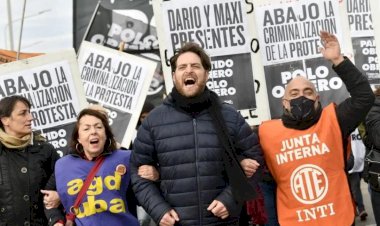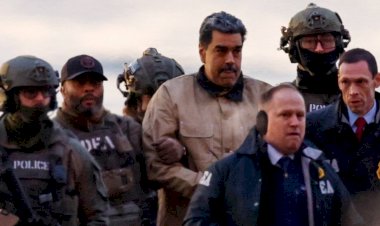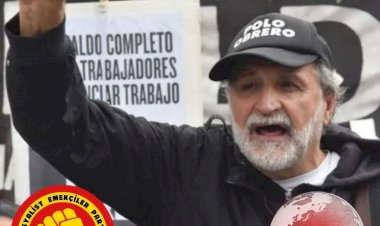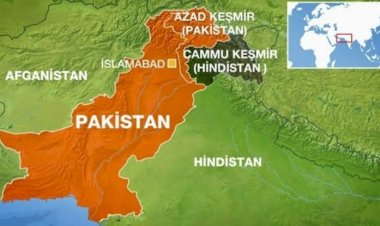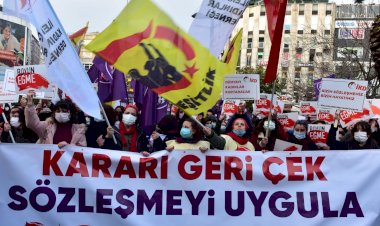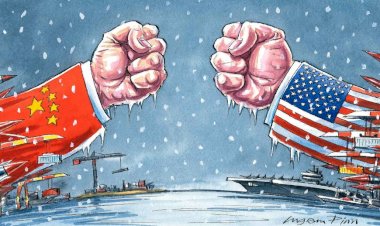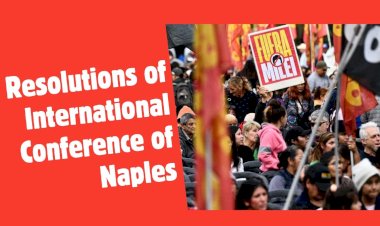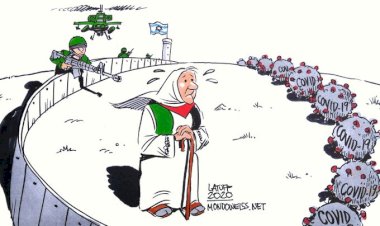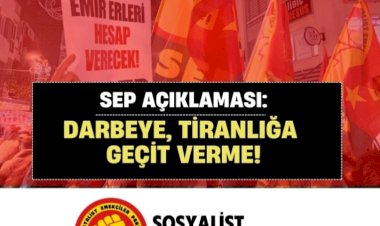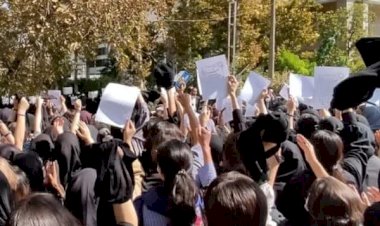Grandmothers of Plaza de Mayo: “Grandchild No. 140” Found
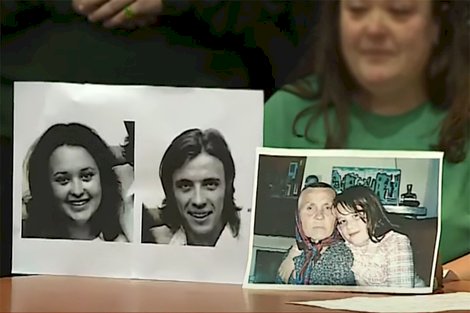
During Argentina’s brutal military dictatorship between 1976 and 1983, around 30,000 revolutionaries, trade unionists, workers' leaders, and human rights defenders were brutally killed and disappeared in what has been described as a campaign of “political genocide.” Over these seven years—marked by torture, enforced disappearances, executions, and harsh prison conditions—hundreds of children were stolen from their families. The Grandmothers of Plaza de Mayo, who began searching for the disappeared during the dictatorship, continue their fight to this day.
On Monday, the Grandmothers of Plaza de Mayo announced the identification of yet another child stolen from their parents during the dictatorship. With this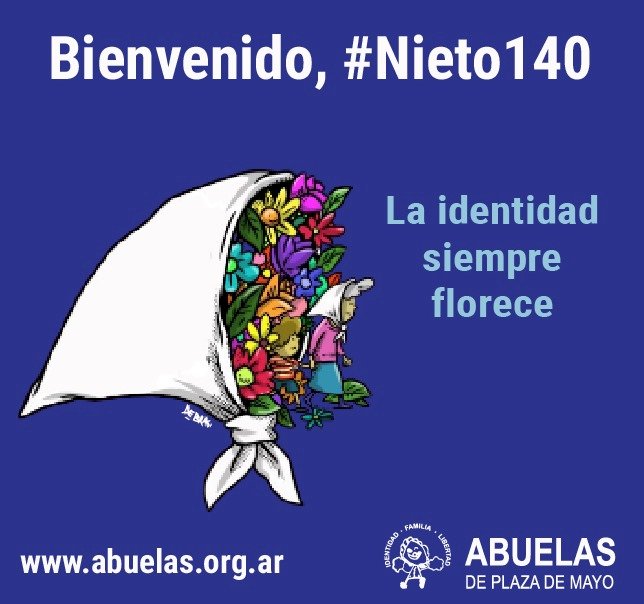 latest success, the number of grandchildren found has reached 140. The identity of “Grandchild No. 140” has not yet been made public. He is 48 years old and currently lives in Buenos Aires. His parents, Graciela Alicia Romero and Raul Eugenio Metz were Marxist militants who were abducted in 1976 in the southern province of Neuquén. Both were subsequently disappeared by the regime.
latest success, the number of grandchildren found has reached 140. The identity of “Grandchild No. 140” has not yet been made public. He is 48 years old and currently lives in Buenos Aires. His parents, Graciela Alicia Romero and Raul Eugenio Metz were Marxist militants who were abducted in 1976 in the southern province of Neuquén. Both were subsequently disappeared by the regime.
Witnesses testified that Romero was pregnant at the time of her arrest and gave birth in April 1977. The same witnesses reported that she was tortured. The couple had an older daughter, Adriana, who was initially taken in by neighbors and later by her grandparents.
Adriana spoke emotionally at a press conference on Monday, alongside the Grandmothers’ tireless 94-year-old leader, Estela de Carlotto.
"Now I know where my brother is. From here on out, everything is a gift for the Metz Romero family," Adriana said. Though she has not yet met her brother in person, the two have spoken via video conference.
It is known that during the dictatorship, at least 300 children were born to imprisoned mothers. These babies were mostly handed over to families who either wanted children or were unable to have them—families deemed “appropriate” or “loyal” by the regime.
Through nearly five decades of relentless effort—collecting testimonies, reviewing records, and conducting DNA tests—the Grandmothers have managed to restore the identities of 140 stolen children. Some of these cases have resulted in emotional reunions with surviving relatives such as aunts, cousins, and nephews. Others have sadly led only to posthumous identifications.
Far-right President Javier Milei openly downplays the political genocide and the disappearances perpetrated by the dictatorship. Under the pretext of budget cuts and austerity, his government has fired public workers, restricted the right to strike, suppressed protests, and slashed funding to institutions dedicated to justice and truth—attempting to obstruct ongoing efforts to reckon with the past. “Grandchild No. 140” is the third identification in recent months, following No. 138 in December 2024 and No. 139 in May 2025. The latter was the daughter of a leftist couple kidnapped in 1976.
This latest identification comes amid increasing tensions between the Grandmothers and the Milei administration. The Grandmothers accuse the government of undermining their work under the guise of structural reforms and budget constraints. In June, they initiated legal action to preserve the autonomy of the National Genetic Data Bank, a vital component of their investigations, which they say is now “paralyzed.”
Since coming to power, ultra-liberal Javier Milei has dismissed human rights work as “leftist hideouts” and has downgraded the Human Rights Secretariat within the Ministry of Justice to a lower-level office, slashing its workforce by 30%.
Unlike the military coups in Chile or Turkey, where revolutionary movements were violently crushed, Argentina stands out for its continued pursuit of justice. The Argentine people not only confronted the dictatorship but also put its generals and torturers on trial. This legacy remains one of the reasons why powerful popular struggles still thrive in the country today.
The Grandmothers of Plaza de Mayo, who inspired Turkey’s Saturday Mothers in their fight to uncover the fate of those who disappeared in police custody throughout the 1990s, continue to carry on one of the longest and most resilient struggles in history without interruption.



